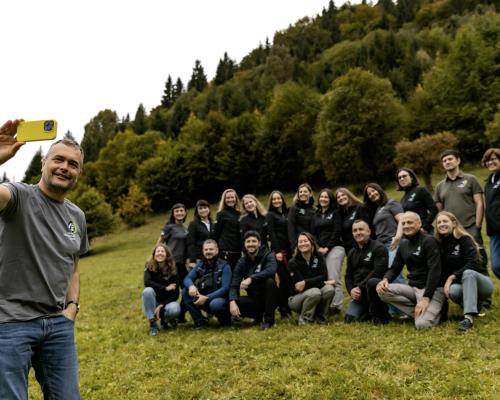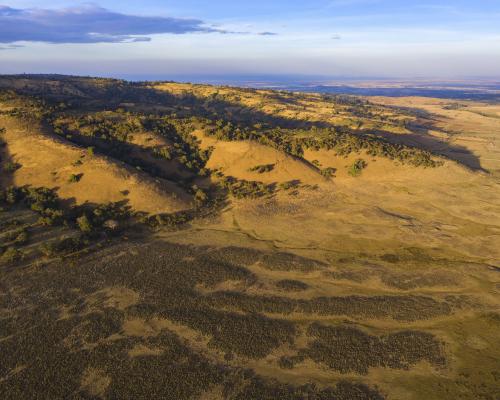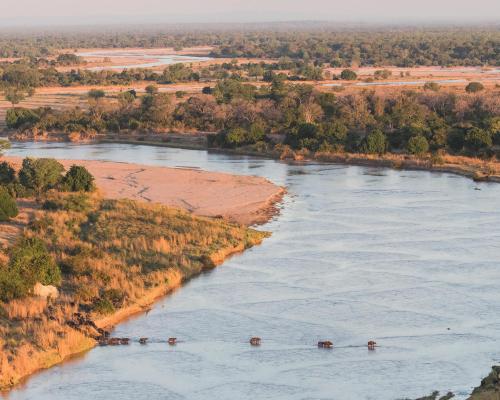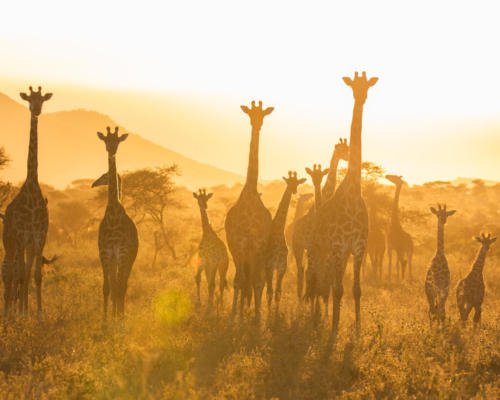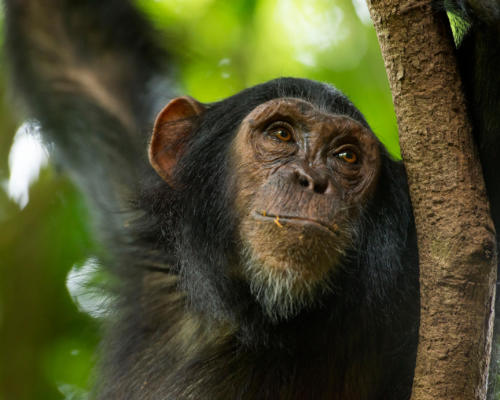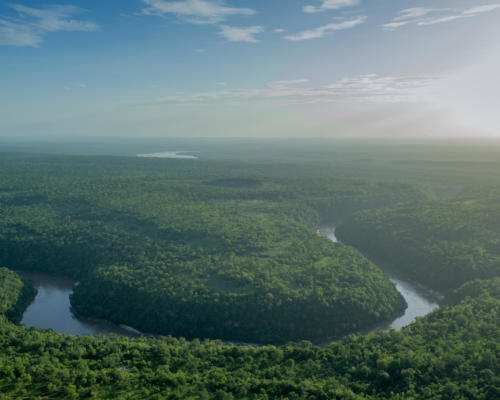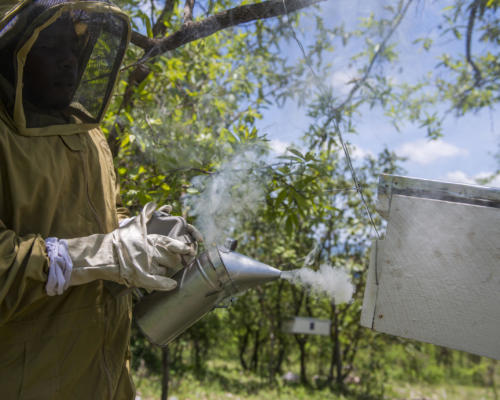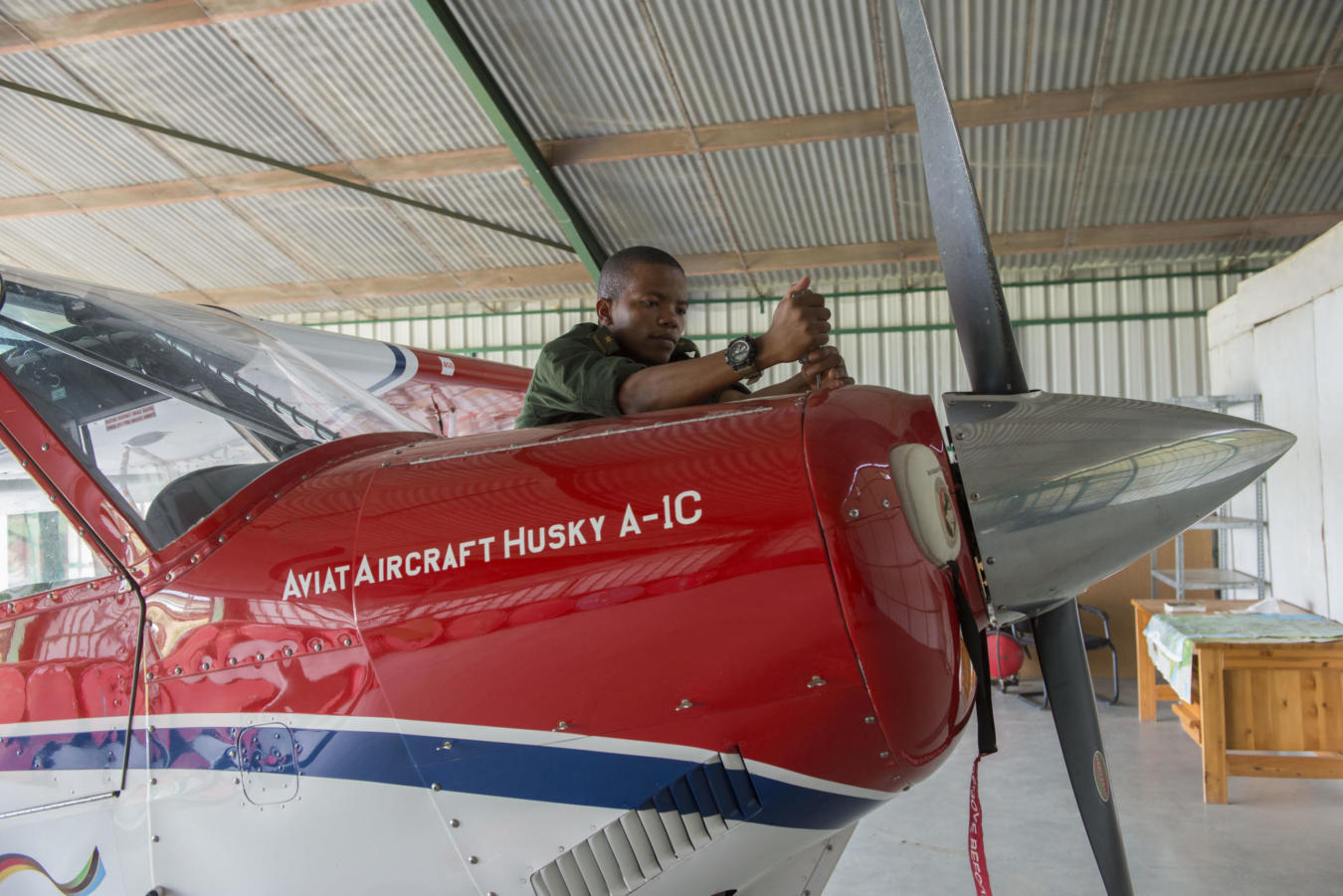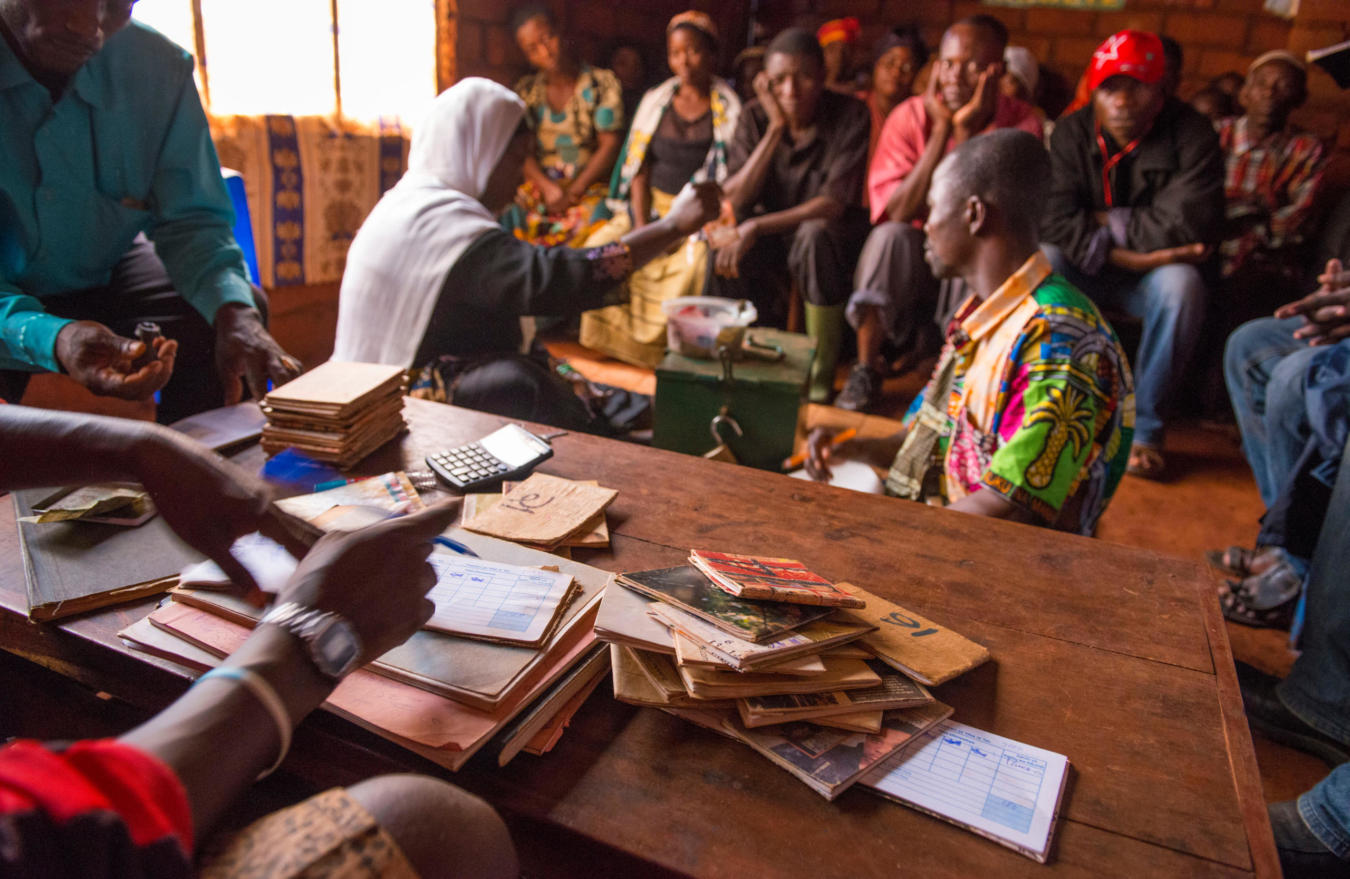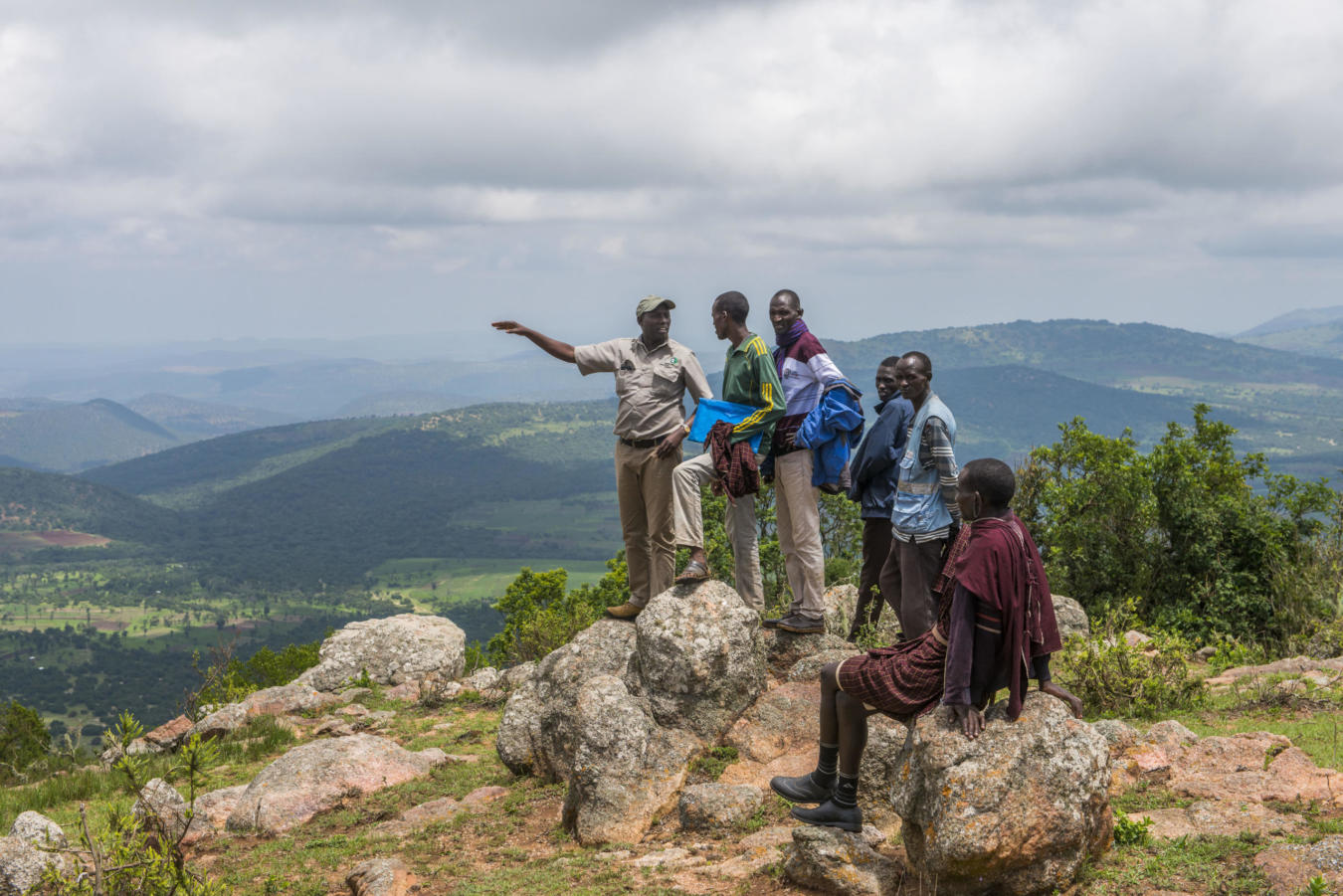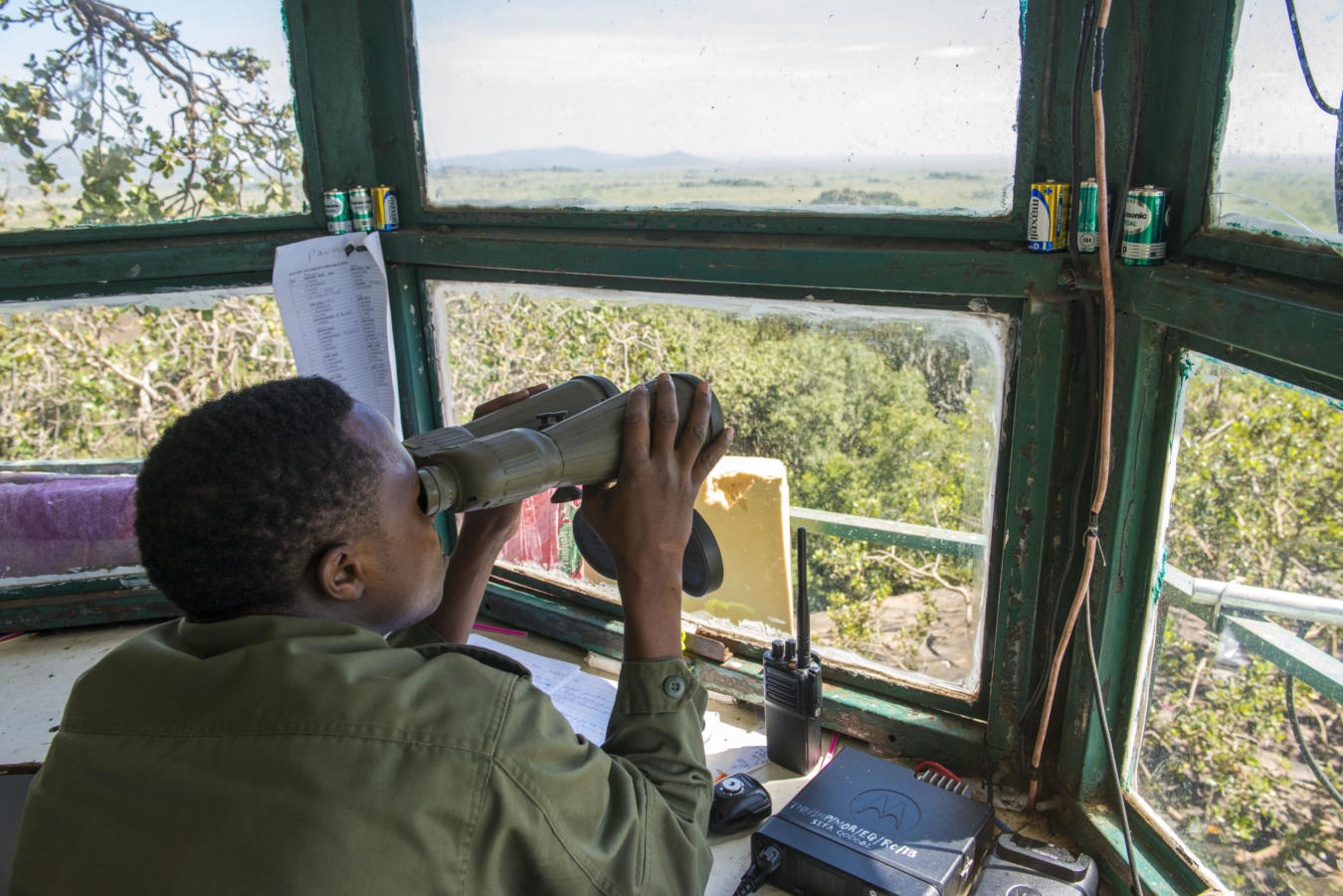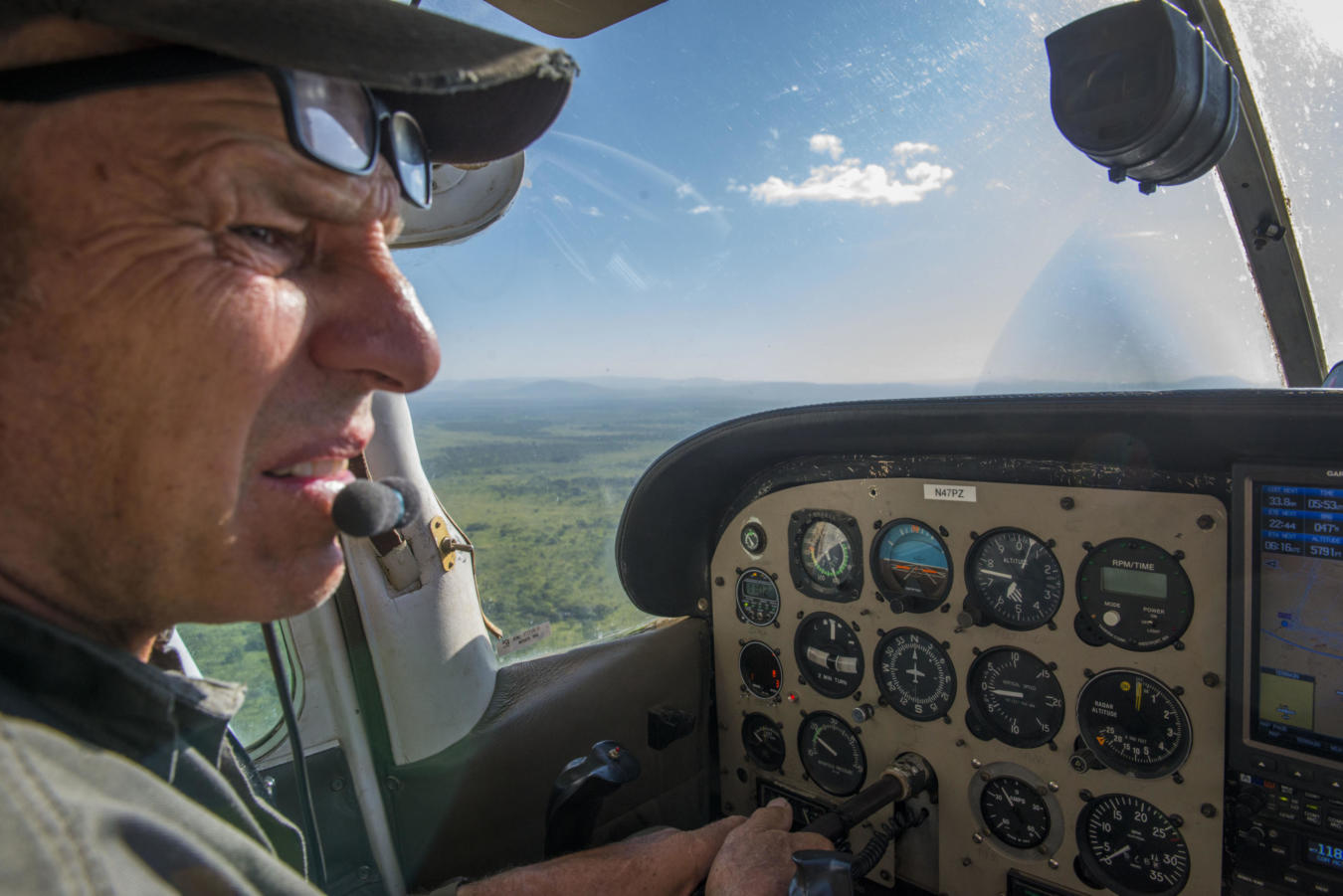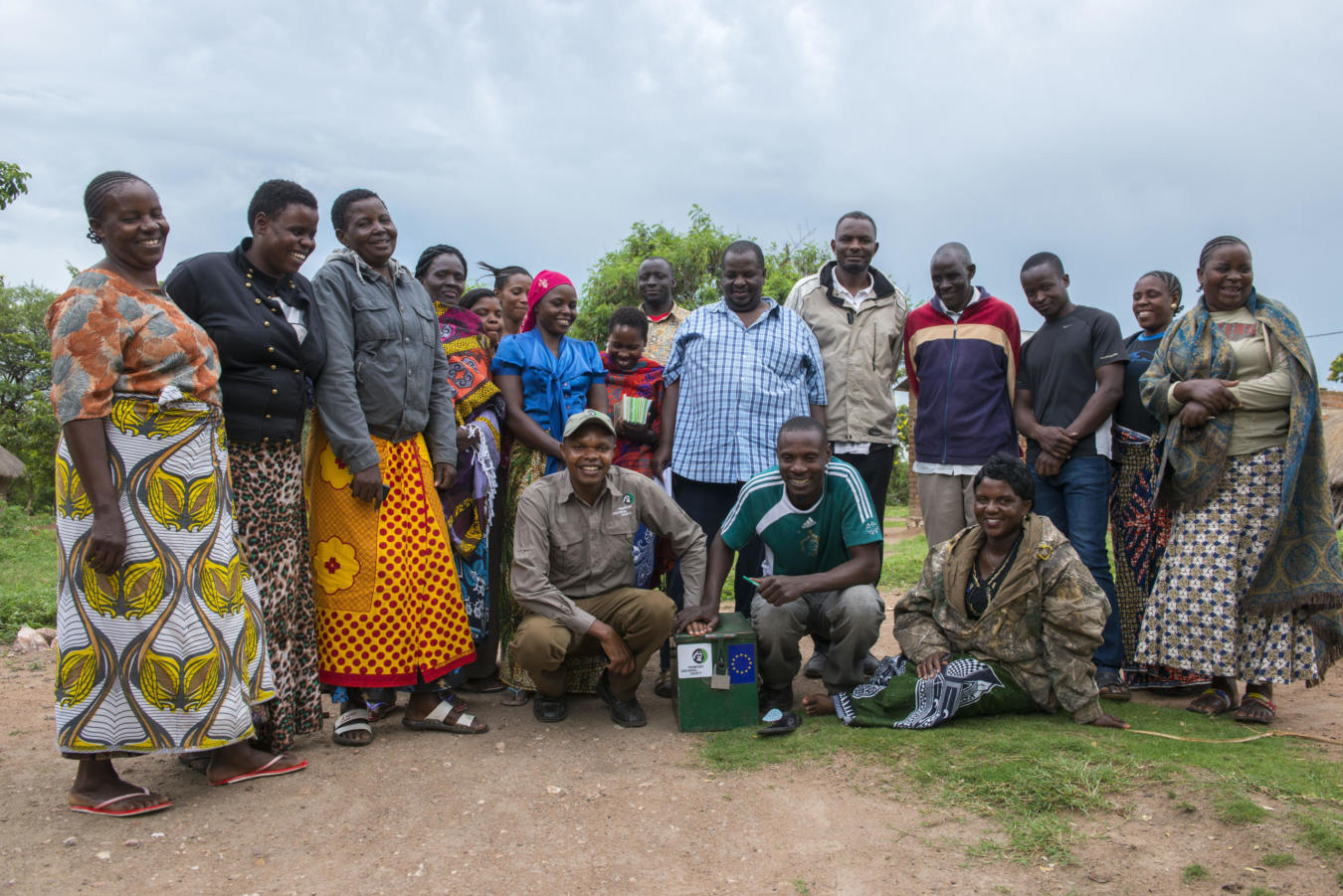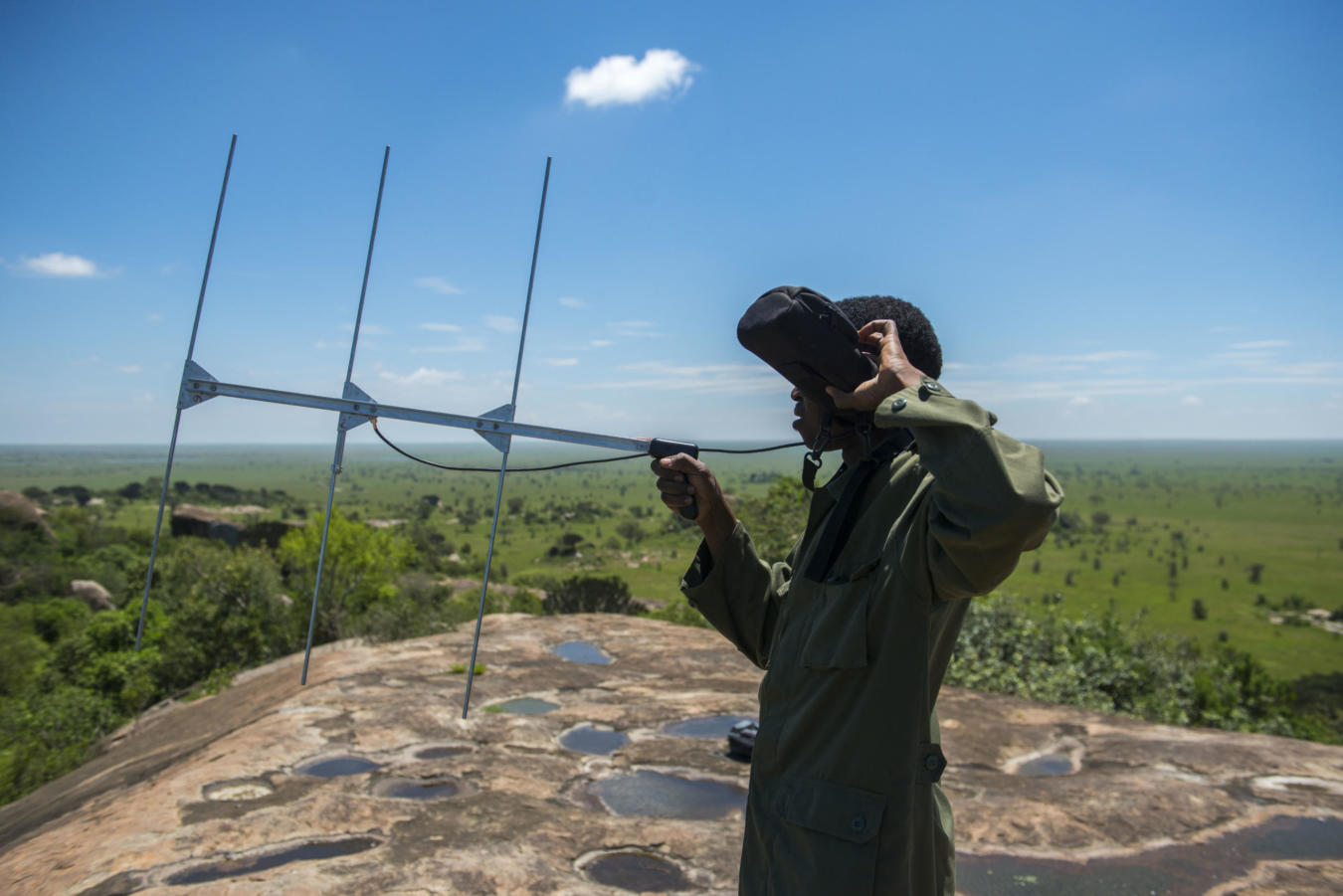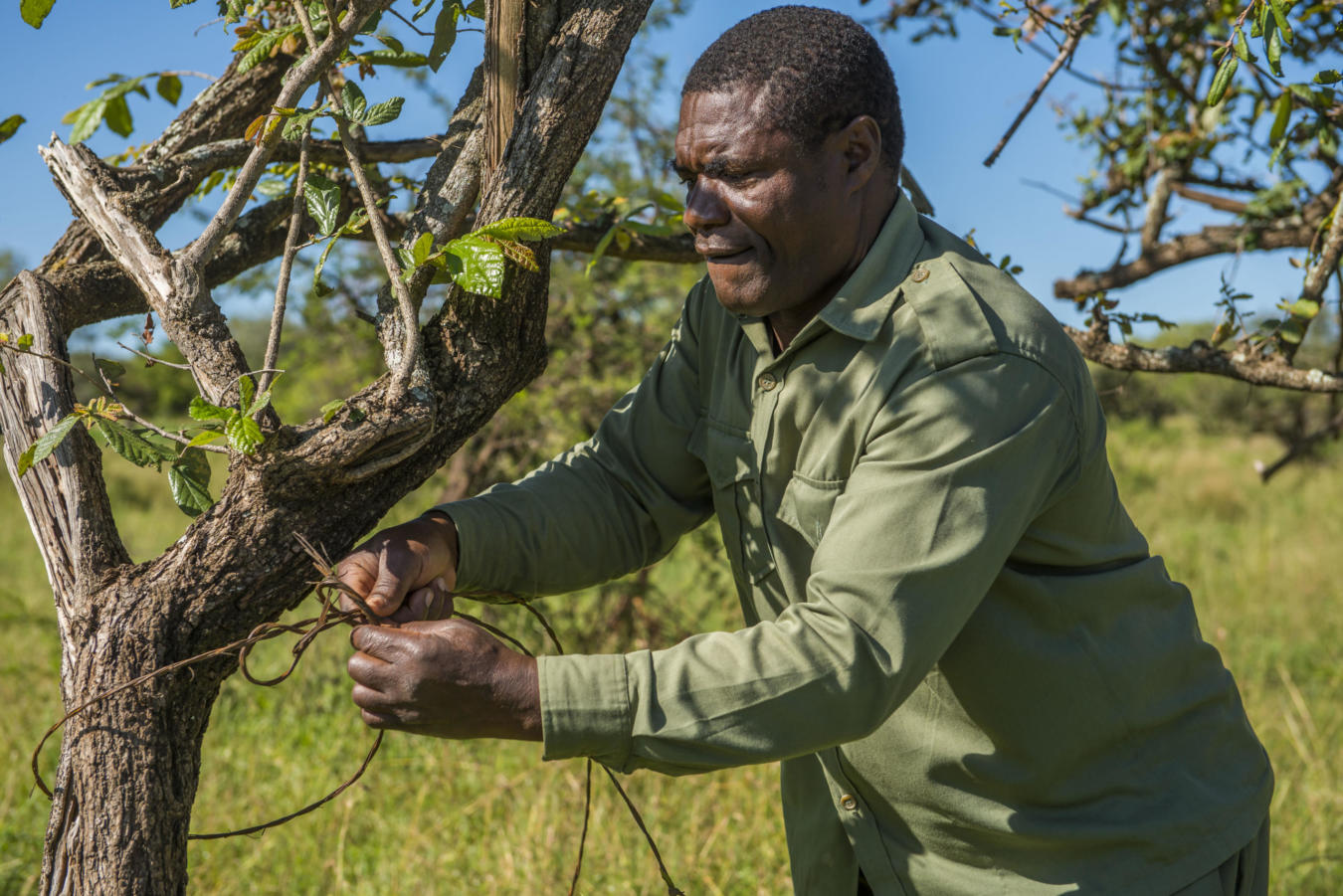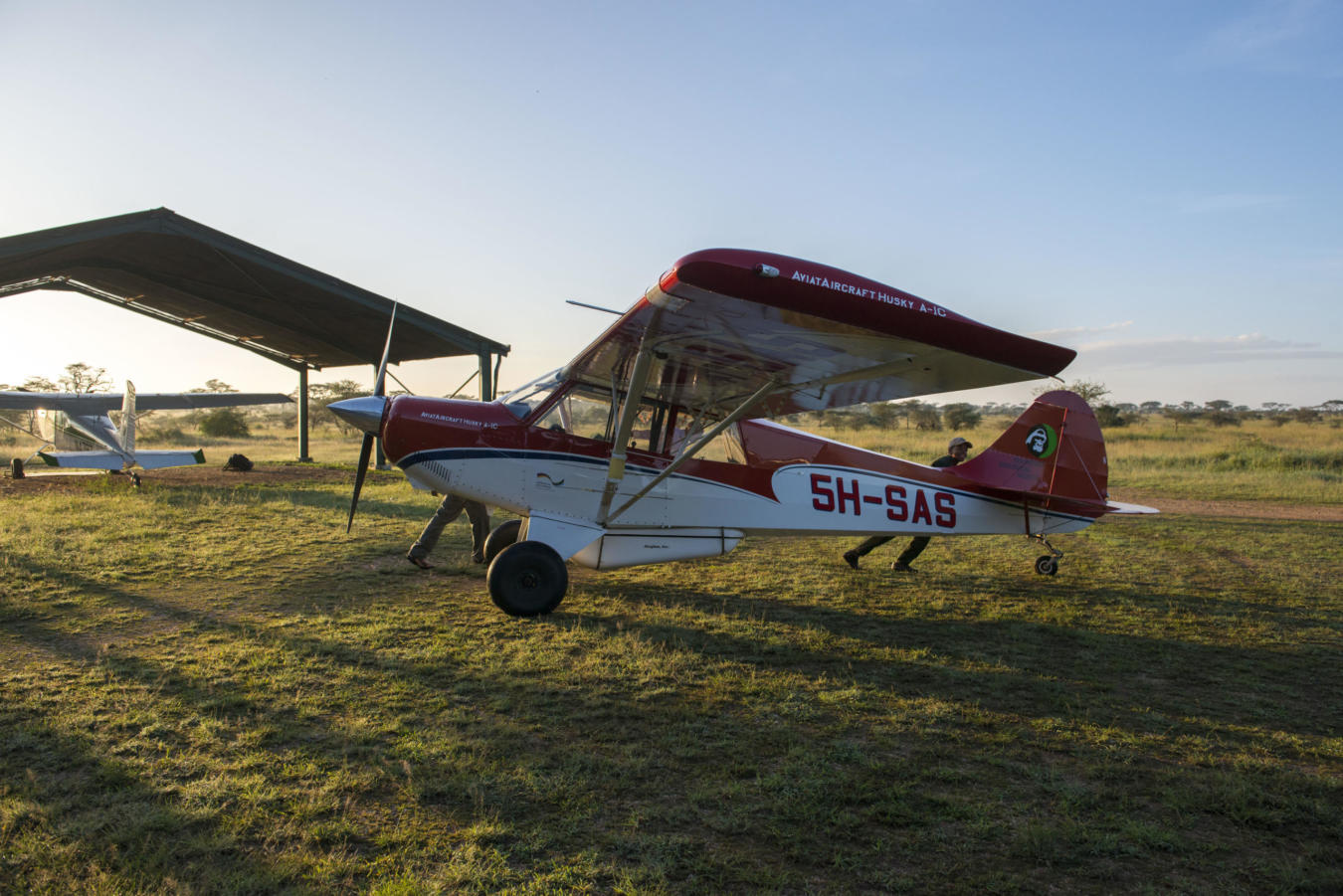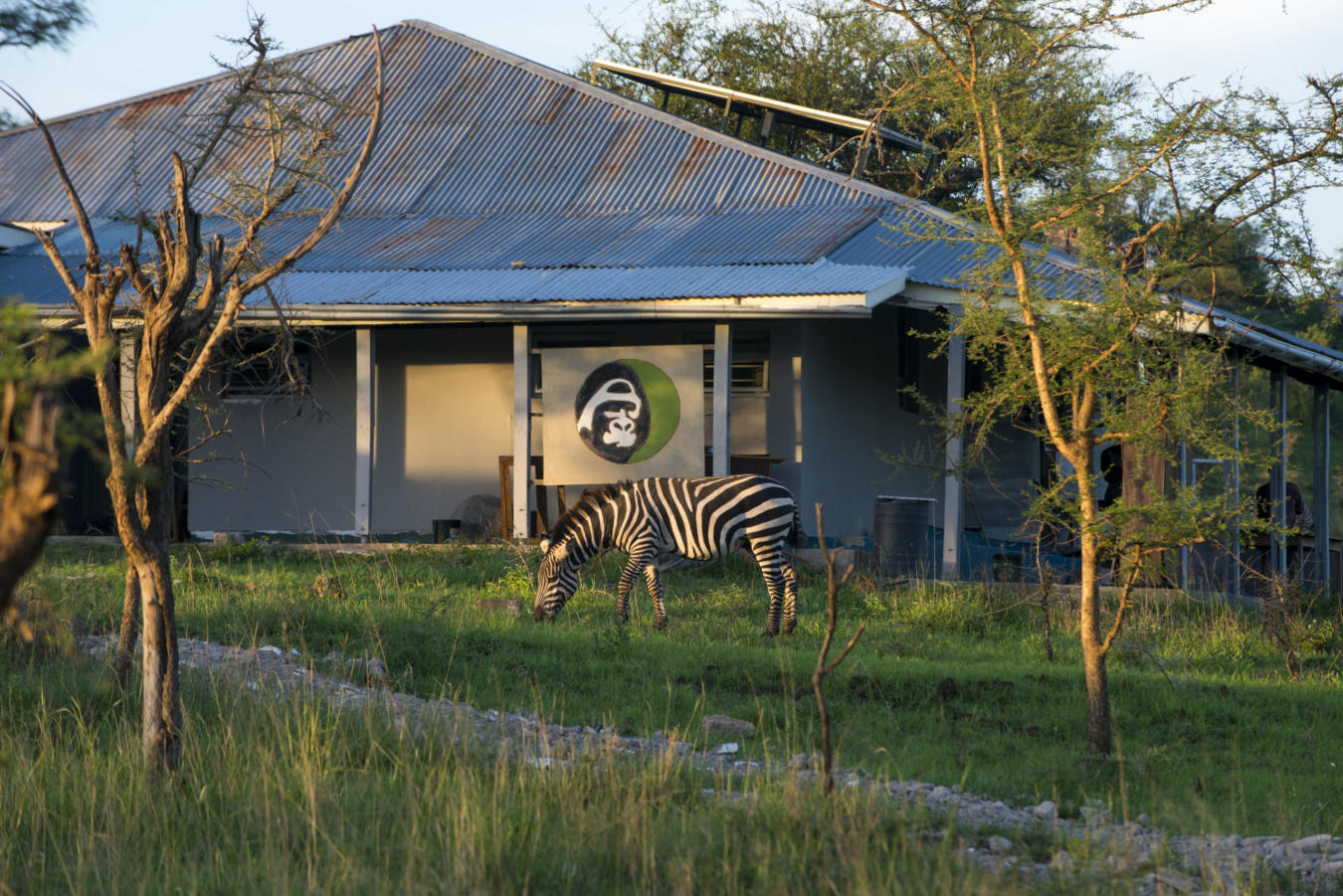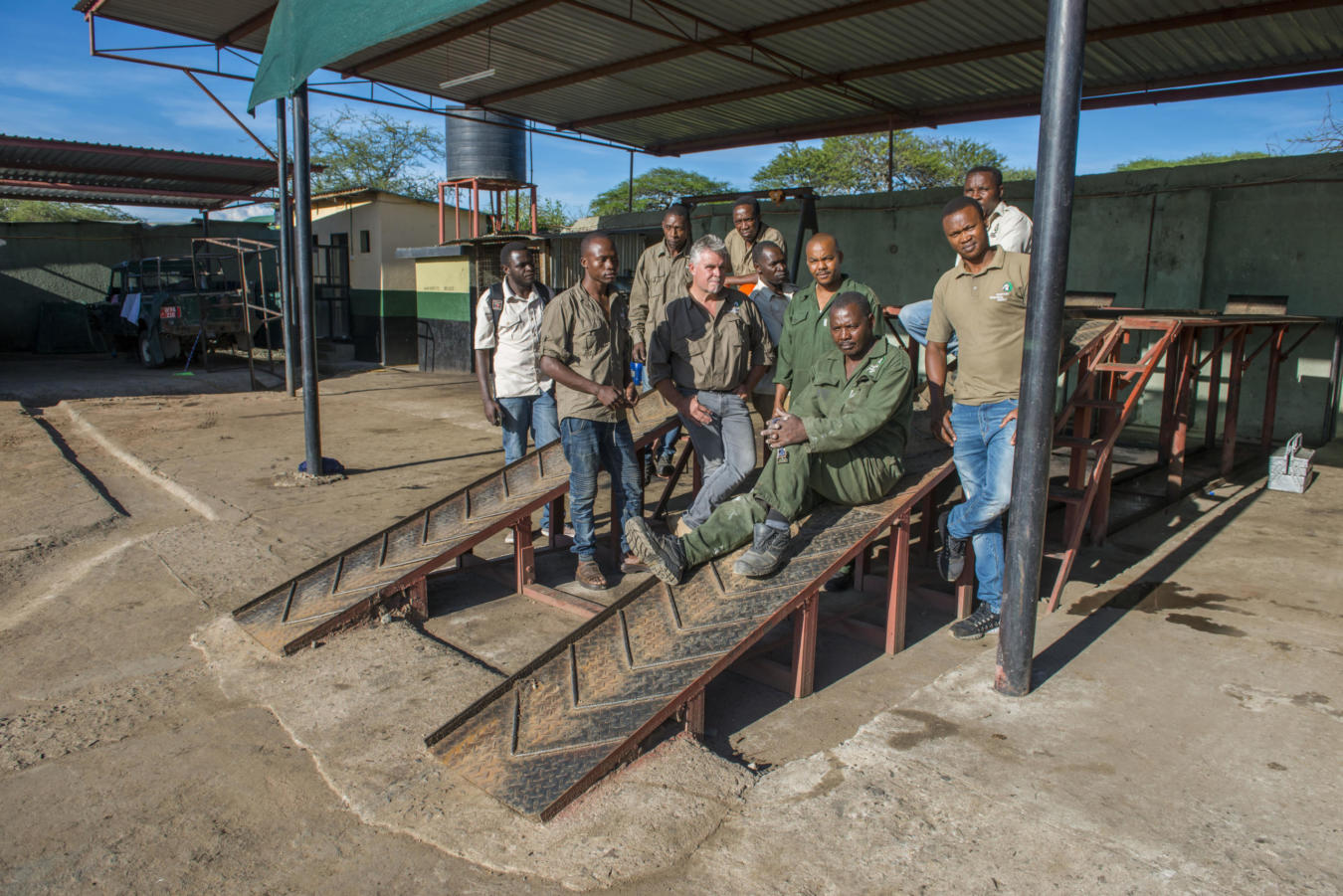We have been supporting our Tanzanian partners for more than 60 years. In the Serengeti ecosystem, for example, we provide support in the form of monitoring flights, technical expertise from our car workshop, and equipment for rangers. We work closely with the communities living near the national park and promote development, among other things through microcredit programs for implementing sustainable business ideas as well as through further professional training opportunities.
Since 2012, we have also been working in the Selous Game Reserve, which was originally one of the largest nature reserves on earth. In 2019, Tanzania divided the Selous to allow for the construction of a controversial hydropower plant. Part of the Selous is now Nyerere National Park, which we support with aerial surveillance, equipment for park rangers, and a car workshop.
About 800 to 900 chimpanzees live in Mahale National Park. We are helping to preserve the population there and to create protected areas and corridors for the animals outside the national park as well. As in the other projects, the integration and cooperation with the local population is a central component of our conservation work.
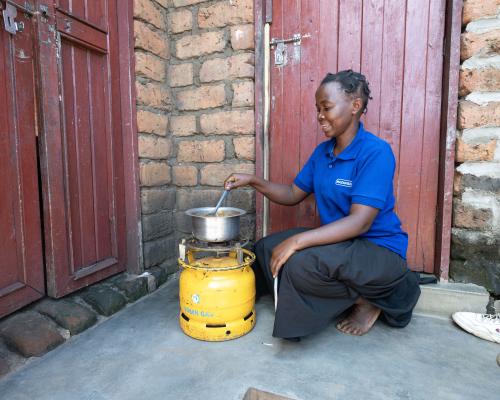 08/26/2025News
08/26/2025NewsEnvironmental protection starts small
08/26/2025NewsEnvironmental protection starts small
Through grassroots microfinance groups known as Community Conservation Banks, FZS supports the financial independence of people living near protected areas—while ensuring that this development is ecologically sustainable.
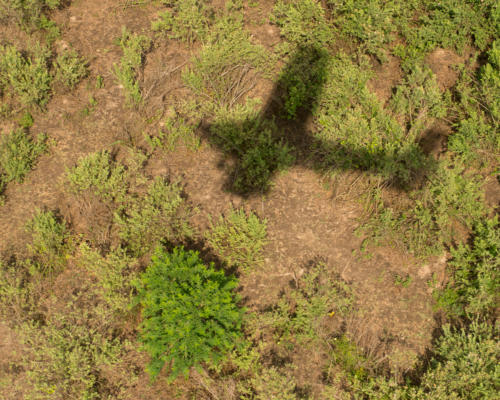 04/22/2024Press release
04/22/2024Press releaseNyerere – Selous – Mikumi Ecosystem Aerial Wildlife Survey Results
04/22/2024Press releaseNyerere – Selous – Mikumi Ecosystem Aerial Wildlife Survey Results
Results of the Selous Mikumi Wildlife Census announced: “We are pleased to report that compared to the previous census (2018), the current census revealed most species to have remained stable”, said the Director General of TAWIRI, Dr. Eblate Ernest Mjingo.
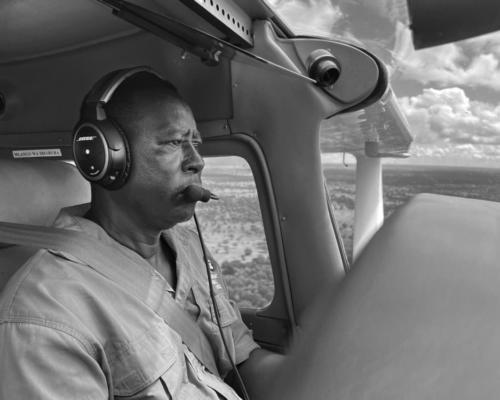 06/07/2023News
06/07/2023NewsIn Loving Memory of Captain Bernard Michael Shayo
06/07/2023NewsIn Loving Memory of Captain Bernard Michael Shayo
The world of conservation and aviation mourns the loss of a true champion today. Captain Bernard Michael Shayo, a passionate and dedicated conservation pilot, who tragically lost his life in a plane crash on May 18, 2023.






